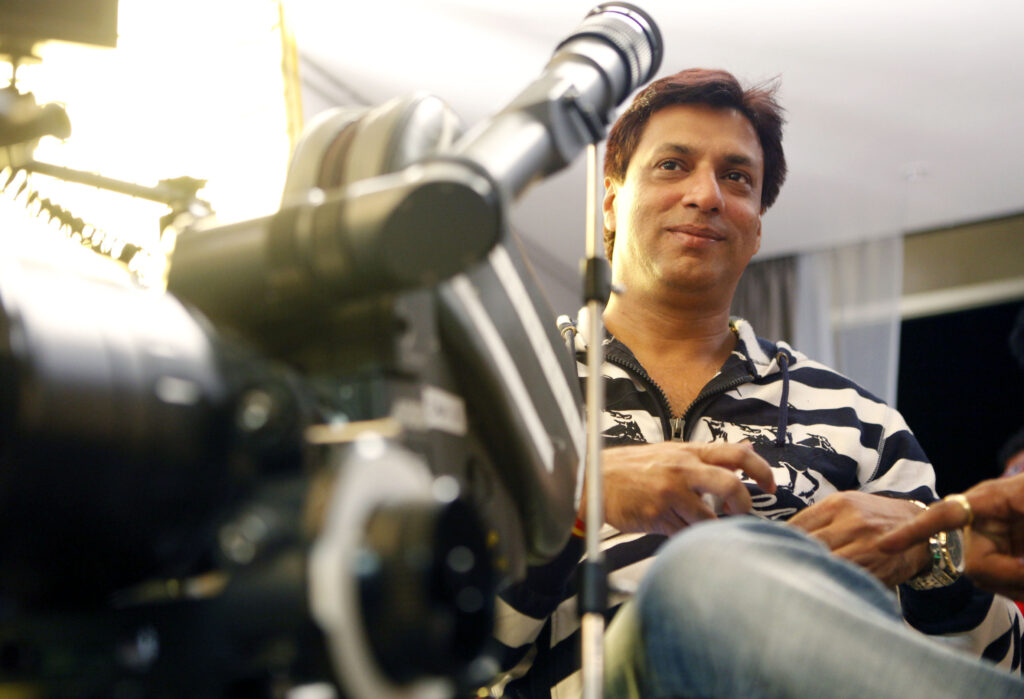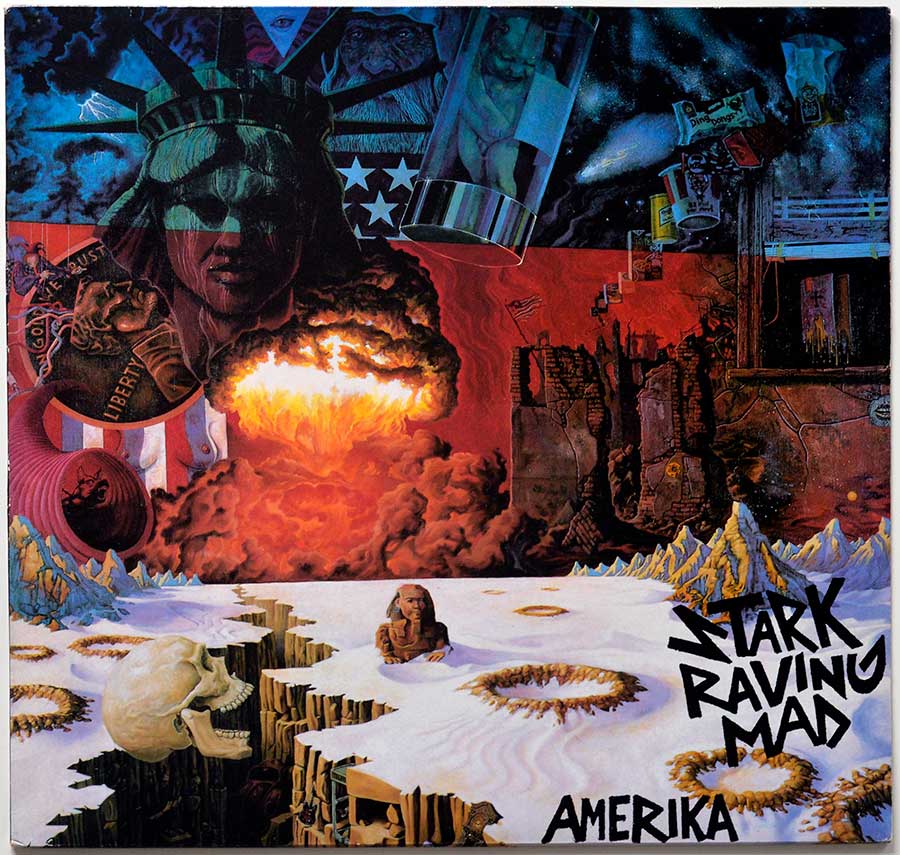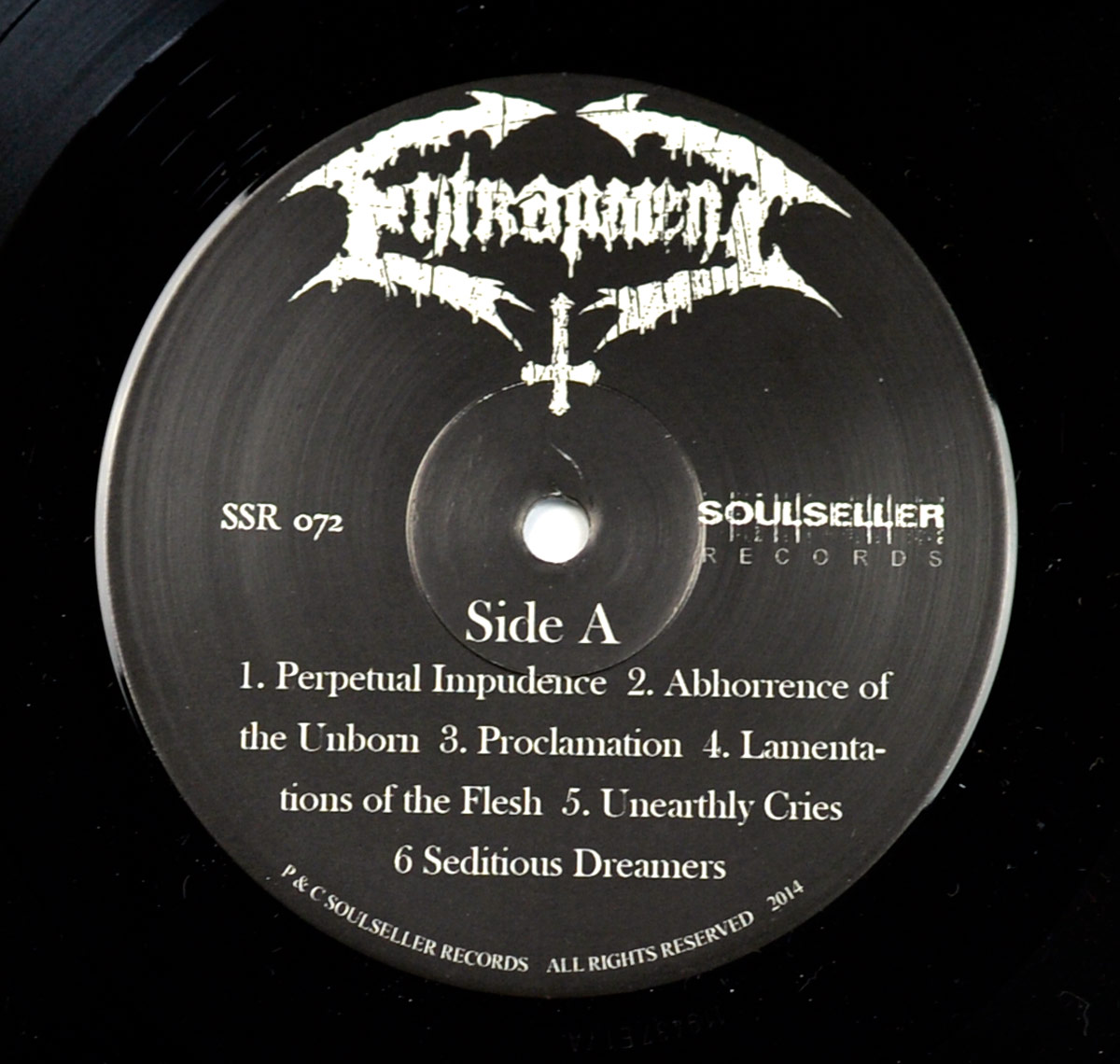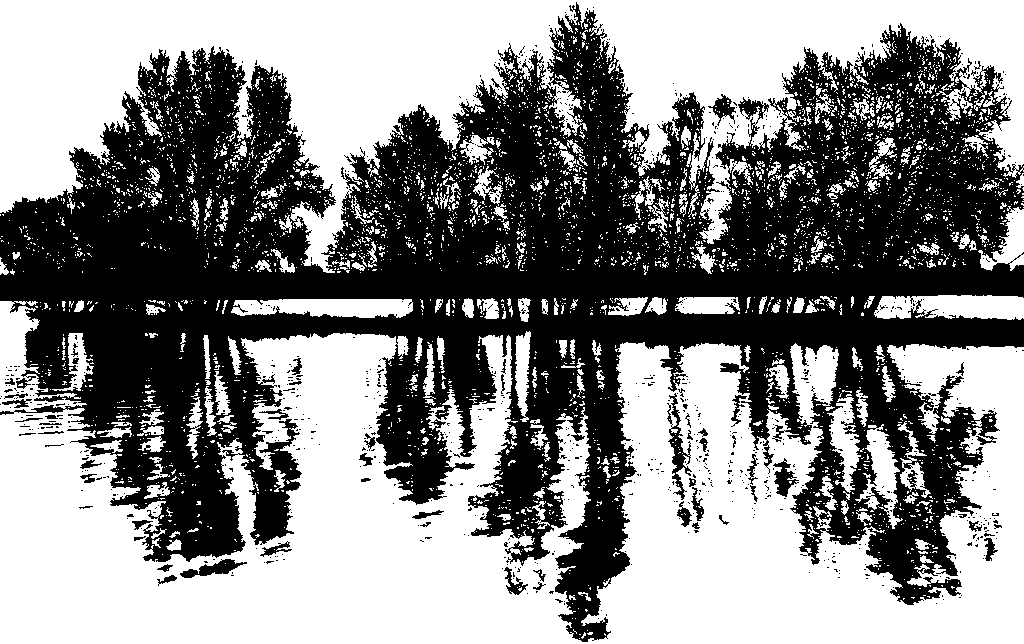
In an era saturated with ephemeral digital content and fleeting trends, certain narratives emerge from the ether, asserting their dominance not through viral spectacle, but through sheer intellectual audacity and meticulous craft. Such is the case with “Dark,” Netflix’s German-language sci-fi thriller that didn’t just capture attention; it demanded unwavering devotion and analytical prowess from its global audience. Far from the predictable comforts of episodic television, “Dark” plunged viewers into a labyrinthine world of intertwined destinies, temporal paradoxes, and existential quandaries, challenging the very fabric of linear storytelling. Its sprawling mystery, rooted in the small, eerie town of Winden, unfolded across multiple timelines and generations, revealing a meticulously constructed universe that defied easy categorization and rewarded deep immersion.
The series, a brainchild of Baran bo Odar and Jantje Friese, transcended conventional genre boundaries, blending elements of science fiction, mystery, and philosophical drama with a chilling precision rarely seen on the small screen. Its narrative ambition was matched only by its stunning execution, from its atmospheric cinematography to its compelling ensemble cast, each performance a vital thread in an increasingly intricate tapestry. This wasn’t merely a show to be passively consumed; it was an intellectual puzzle, an emotional journey, and a profound meditation on fate, free will, and the cyclical nature of time itself, earning it a unique, revered place in the pantheon of contemporary television.
What began as a local missing persons case quickly blossomed into a multi-generational epic, revealing secrets buried deep within Winden’s soil and its inhabitants’ souls. As we dissect the layers of its critical reception, from its groundbreaking debut to its celebrated conclusion, we uncover not just the story of a television phenomenon, but the very “dark truths” inherent in its complex design and the profound impact it left on critics and audiences alike. This journey into the heart of “Dark” is an exploration of how a series dared to be different, and in doing so, achieved a rare, enduring brilliance.

1. **Overall Critical Acclaim and Esteemed Rankings of ‘Dark’**”Dark” did not merely achieve critical success; it ascended to an echelon of television artistry that garnered universal acclaim and secured its place in numerous prestigious rankings, etching its legacy indelibly into the cultural consciousness. From the moment its intricate narrative began to unravel, critics worldwide recognized its unparalleled ambition and the sheer audacity of its storytelling. This wasn’t a show content to merely entertain; it sought to challenge, to provoke, and to leave an indelible mark on its audience, a goal it unequivocally achieved with each passing season.
The series consistently earned high praise, being listed by many publications as one of the best TV shows of the years 2017, 2019, and 2020. This year-on-year recognition underscores its sustained quality and the powerful impression it made throughout its run. Beyond annual accolades, “Dark” transcended the fleeting nature of contemporary media, finding itself cemented in broader, more significant historical contexts, a testament to its profound impact and lasting relevance.
The scope of its recognition is particularly noteworthy. Vulture, a prominent cultural barometer, included “Dark” in its article “A Guide to TV Shows in the 2010s” as one of the most notable shows of the decade, signaling its significance in shaping the television landscape. Further solidifying its esteemed status, the BBC, a venerable institution known for its discerning appraisals, ranked it as the 58th best TV series of the 21st century. Perhaps most strikingly, the internet culture giant BuzzFeed, known for its wide-reaching influence, went so far as to list “Dark” as one of the “25 best TV shows of all time,” an exceptionally rare commendation that speaks volumes about its perceived masterpiece status. These collective endorsements paint a vivid picture of a series that resonated deeply, establishing itself as a benchmark for complex, high-quality storytelling.

2. **Season 1’s Intriguing Debut: Echoes of Genre Giants and Initial Reception**The initial season of “Dark” arrived on Netflix amidst a crowded landscape of streaming content, yet it immediately carved out its own distinct identity, drawing critical comparisons to some of television’s most iconic and atmospheric dramas. The review aggregator website Rotten Tomatoes captured this early appreciation, giving the first season a robust approval rating of 90%, based on 48 critics. This high percentage, coupled with an average rating of 7.4 out of 10, signaled a strong endorsement from the critical community, recognizing the series’ promising start and unique allure.
The critical consensus articulated by Rotten Tomatoes provided a succinct, yet powerful, summary of its initial impact: “Dark’s central mystery unfolds slowly, both tense and terrifying, culminating in a creepy, cinematic triumph of sci-fi noir.” This description perfectly encapsulates the deliberate pacing, the palpable sense of dread, and the genre-blending artistry that defined the show’s foundational episodes. It was a narrative that demanded patience, rewarding viewers with a meticulously crafted atmosphere and an escalating sense of unease that few shows could replicate.
Many critics, in their early assessments, couldn’t help but note its fascinating similarities to the seminal TV series “Twin Peaks” and even Netflix’s own breakout hit, “Stranger Things.” While these comparisons provided a useful framework for understanding “Dark’s” tonal and thematic territory, the series quickly demonstrated its own profound depth and ambition. Metacritic, offering a weighted average score from mainstream publications, assigned Season 1 a score of 61 based on ten reviews, indicating a generally favorable, though perhaps slightly more reserved, initial reception compared to Rotten Tomatoes’ broader consensus. This initial reception, however, laid the groundwork for the truly remarkable journey that was yet to unfold.

3. **Delving Deeper: Critical Praises for Season 1’s Tone, Complexity, and Pacing**Beyond the aggregate scores, individual critics offered insightful accolades that illuminated the specific strengths contributing to “Dark’s” compelling debut. Lanre Bakare, writing for The Guardian, bestowed a rating of four out of five, singling out the series for its masterfully unsettling tone, the ambitious complexity of its interwoven narrative, and its deliberate, yet engaging, pacing. Bakare’s observations highlighted how these elements converged to create an immersive and uniquely gripping viewing experience, where every detail felt significant and every moment was imbued with a sense of impending revelation.
Steve Greene of IndieWire, grading the series with a “B,” echoed this sentiment, noting the palpable energy that coursed through the show even amidst its “clinical in its set-up of these interweaving story threads.” This insight speaks to the delicate balance “Dark” maintained: a narrative that was both intricately plotted and emotionally resonant, preventing its complex structure from ever feeling cold or detached. The intellectual rigor required to piece together its puzzles was consistently infused with a vibrant dramatic pulse, drawing viewers deeper into Winden’s mysteries.
Emily St. James from Vox, who scored it three and a half out of five, articulated the show’s magnetic pull, stating, “Dark is fun to try to solve — it’s a treat to tease out the many connections running among the three eras.” This highlights the interactive nature of the series, transforming passive viewing into an active pursuit of understanding. Ariana Romero of Refinery29 further emphasized its distinctiveness by noting that “Dark was darker and more in-depth than Stranger Things,” firmly establishing its mature, more profound exploration of sci-fi themes and psychological drama, setting it apart from its frequently compared counterpart.

4. **The Nuances of Critique: Addressing Early Reservations and Specific Criticisms for Season 1**While “Dark” garnered widespread praise from its inaugural season, no work of such ambition is entirely without its detractors or areas ripe for critical scrutiny. The candor of the Vanity Fair style demands an honest look at these early reservations, which, in retrospect, provide valuable context for the series’ subsequent evolution and triumph. Glenn Garvin of Reason, for example, articulated some of these specific criticisms, pointing to what he perceived as a “heavy-handed approach to its message.” This concern touched upon the philosophical underpinnings of the series, suggesting that its thematic explorations might have been presented with less subtlety than some critics preferred, potentially overwhelming viewers with its profound questions about fate and causality.
Garvin also raised the point of a “lack of sympathetic characters,” a critique that, while subjective, hints at the challenging nature of “Dark’s” ensemble. The series deliberately populated Winden with morally ambiguous, deeply flawed individuals, each entangled in a web of secrets and past traumas. This approach, while contributing to the show’s dark realism, might have alienated some viewers accustomed to more conventionally heroic or easily likable protagonists. The intricate, often bleak, journeys of characters like Jonas, Ulrich, and Charlotte offered complex portraits of humanity under extreme duress, rather than straightforward archetypes for audience identification.
Furthermore, Garvin also noted the “unoriginality of certain aspects of the series.” While “Dark” was celebrated for its innovative narrative structure, some elements, when viewed in isolation, might indeed have echoed tropes familiar from other sci-fi or mystery narratives. However, what “Dark” consistently demonstrated was an extraordinary ability to synthesize these elements into something uniquely profound and undeniably its own. These early critiques, rather than diminishing its appeal, merely underscore the show’s commitment to pushing boundaries and challenging conventional storytelling, inviting a diverse range of interpretations and reactions from its discerning audience.

5. **The Ascendance of Season 2: Escalating Acclaim and Embracing the Bizarre**If Season 1 of “Dark” laid a compelling, if complex, groundwork, its sophomore outing catapulted the series into an entirely new stratum of critical acclaim, solidifying its reputation as a genre-bending masterpiece. The statistical indicators alone speak volumes: on Metacritic, Season 2 soared to a remarkable score of 82 out of 100, based on four reviews, a significant jump from its predecessor. Even more strikingly, Rotten Tomatoes recorded an astonishing approval rating of 100% based on 30 reviews, accompanied by an average rating of 8.1 out of 10. This rare perfect score unequivocally demonstrated a collective critical consensus that the series had not only maintained its quality but had profoundly deepened its narrative and artistic impact.
The critical consensus from Rotten Tomatoes for Season 2 articulated this heightened praise with evocative language: “Dark’s sumptuous second season descends deeper into the show’s meticulously-crafted mythos and cements the series as one of streaming’s strongest and strangest science fiction stories.” This statement perfectly captures the escalating ambition and increasingly intricate world-building that defined the season. Critics consistently referred to Season 2 as “ominous and much more bizarre than season one,” highlighting the show’s willingness to lean further into its existential dread and intricate temporal mechanics, pushing the boundaries of its already unique premise.
What truly set Season 2 apart was its audacious narrative expansion. Far from simply reiterating its initial mysteries, the series bravely ventured into even more convoluted timelines and character connections, a feat that could easily have fractured a less meticulously planned story. Yet, “Dark” not only managed this complexity but thrived within it, delivering a season that was both intellectually stimulating and emotionally resonant. This period marked a crucial turning point, transforming “Dark” from a promising cult hit into a critically revered global phenomenon, eagerly anticipated by an ever-growing legion of dedicated fans eager to decipher its deepening enigma.

6. **Subverting Expectations: Season 2’s Mastery of Time Travel Tropes and Narrative Strength**Having established its intricate universe, Season 2 of “Dark” did not rest on its laurels; instead, it boldly plunged deeper into its meticulously crafted mythos, securing its place as a groundbreaking work in the science fiction genre. Critics universally lauded this ambitious expansion, noting how the creators, Baran bo Odar and Jantje Friese, masterfully navigated the treacherous waters of time travel narratives. The consensus was clear: the series managed to “subvert several tropes regarding the concepts of time travel,” defying expectations and delivering a narrative that was both familiar in its genre trappings and utterly unique in its execution.
Indeed, Season 2 became a crucible for the show’s growing reputation, with critics frequently referring to it as “ominous and much more bizarre than season one.” This amplified sense of dread and surrealism, rather than alienating audiences, only intensified the show’s magnetic pull. It was a testament to the creators’ audacious vision that they leaned into the very complexities that might derail other series, transforming potential pitfalls into narrative strengths. The season was not just a continuation; it was a profound redefinition of what a time-travel story could be, pushing the boundaries of the genre with every twist and turn.
IGN’s David Griffin, awarding an “amazing” 9 out of 10, noted how “Dark Season 2 can hurt your brain at times, trying to piece all the time-traveling narratives together, but in the end, creators Baran bo Odar and Jantje Friese reward your patience with some stellar WTF moments.” This intricate plotting, lauded by TV Guide’s Kaitlin Thomas, served not merely to confound but to ground its sci-fi themes “in conversations about free will and destiny,” a testament to writing that “never loses the plot itself” amidst escalating complexity.

7. **The Grand Finale: Season 3’s Critically Acclaimed and Satisfying Conclusion**The ultimate test for any labyrinthine narrative lies in its conclusion, and “Dark’s” third and final season met this challenge with an artistic flourish that resonated profoundly with critics, particularly for its “satisfying conclusion to the story.” This rare feat was reflected in an impressive 97% approval rating on Rotten Tomatoes, based on 35 reviews with an 8.5 out of 10 average, and an exceptional 92 on Metacritic from four reviews. The critical consensus praised its ability to bring “viewers full circle without sacrificing any of the show’s narrative complexities,” providing catharsis while maintaining intellectual rigor.
Patrick Cremona from Radio Times deemed it “science fiction at its most mesmerising, its most confounding and its most exhilarating – and it all makes for a truly irresistible piece of television.” David Griffin of IGN concurred, praising the season as “a memorable journey through time and space, with thrilling character shifts and fascinating paradoxes to unpack.” These enthusiastic endorsements highlight the profound emotional and intellectual power the finale unleashed upon its audience.
William Goodman of Complex offered a particularly insightful analysis, noting that “Odar and Friese masterfully close by showing the symbiotic relationship between endings and beginnings. There’s no victory without sacrifice, no light without darkness, and no love without loss.” This profound observation elevated the conclusion beyond mere plot resolution to a poignant philosophical statement, underscoring the thematic depth embedded within the narrative.
Read more about: Beyond the Boardroom: Unpacking 14 Divisive Plot Points and Their Deep Impact on ‘Succession’

8. **A Symphony of Craft: Praise for Season 3’s Writing, Cinematography, and Performances**The enduring legacy of “Dark” is not solely built upon its mind-bending plot; it is equally a testament to the masterful symphony of craft that brought Winden’s intricate world to life. Critics consistently highlighted the exceptional quality of its production, recognizing a synergy between its various artistic components. Patrick Cremona of Radio Times explicitly praised “the writing, cinematography, casting, and acting” in Season 3, underscoring the cohesive vision that permeated every aspect, from the complex yet coherent narratives to the atmospheric visuals.
The performances, indeed, were consistently a highlight. Louis Hofmann, in his central role as Jonas, navigated the character’s profound journey with a gravitas that earned him the earlier “Best Newcomer” award. Maja Schöne, Lisa Vicari, Oliver Masucci, and Karoline Eichhorn, among others, delivered portrayals that were both nuanced and emotionally resonant, capturing the despair and determination of individuals trapped in an inescapable cycle. The ensemble’s ability to convey complex emotional states while juggling multiple timelines was a remarkable feat.
Allie Gregory from Exclaim! further solidified this appreciation for the acting prowess, noting “stunning performances from Louis Hoffman, Oliver Masucci and Karoline Eichhorn (and an incredible score to boot).” The mention of the “incredible score” is vital, as the show’s sonic landscape played an integral role in establishing its distinct, melancholic, and often terrifying mood. This confluence of exceptional writing, breathtaking visuals, compelling performances, and evocative music created a truly immersive narrative, solidifying “Dark” as a benchmark for high-quality serialized television.
9. **Thematic Resonance: Season 3’s Elegant Resolution of Complexity and Paradoxes**Beyond the twists and turns of its plot, “Dark” distinguished itself through a profound engagement with existential themes, and its final season delivered an elegant resolution to the philosophical paradoxes it meticulously constructed. The series finale, in particular, was celebrated for “bringing viewers full circle without sacrificing any of the show’s narrative complexities,” a testament to its creators’ ability to weave a cohesive tapestry out of fragmented timelines and interconnected fates. It wasn’t just about solving a mystery; it was about understanding the fundamental nature of existence within Winden.
William Goodman of Complex offered a particularly insightful perspective on this thematic closure, stating that creators Odar and Friese “masterfully close by showing the symbiotic relationship between endings and beginnings. There’s no victory without sacrifice, no light without darkness, and no love without loss.” This observation penetrates to the very heart of the show’s philosophical core, highlighting how the resolution transcended simple causality to embrace a deeper, cyclical understanding of life’s inherent dichotomies.
Allie Gregory of Exclaim! further praised how the series “manages to neatly tie up all of its loose ends to finally find the one true ‘origin,’ so, at last, the town of Winden can free itself from the trappings of time and fate.” Moreover, GameSpot’s Mike Rougeau reflected that “what really impressed us about Season 3 is how it wrapped things up… It managed to weave one of the most complex, but somehow still cohesive, sci-fi stories we’ve ever seen.” This recognition cemented “Dark’s” status as a masterclass in thematic and narrative resolution.

10. **Acknowledged Excellence: Awards and Nominations for ‘Dark’**The profound impact and artistic merit of “Dark” did not go unnoticed by prestigious award-giving bodies, further solidifying its standing in the pantheon of exceptional television. While the series captivated audiences with its narrative prowess, it also garnered formal recognition, reflecting the high regard in which it was held by industry critics and professionals. These accolades serve as tangible markers of its quality and influence, affirming the vision and execution behind this groundbreaking German production.
In 2018, ‘Dark’ garnered attention at the Goldene Kamera TV awards, with nominations for “best series,” “best actress” for Karoline Eichhorn as Charlotte Doppler, and “best actor” for Oliver Masucci as Ulrich Nielsen. While these specific nominations did not result in wins, Louis Hofmann, central to the series as Jonas Kahnwald, was honored with the “Best Newcomer” award, recognizing his pivotal role in “Dark” and his broader contributions to film.
Yet, the series’ most significant institutional triumph came with the 2018 Grimme-Preis award in the highly competitive “Fiction” category. This esteemed accolade specifically recognized key creative forces, honoring Jantje Friese for her intricate screenplay and Baran bo Odar for his visionary direction. The meticulous artistry of Udo Kramer in production design and Simone Bär’s astute casting choices also received well-deserved recognition, showcasing the collaborative excellence that defined the series.
Furthermore, the Grimme-Preis distinguished several actors, with Angela Winkler, Louis Hofmann, and Oliver Masucci receiving awards as “representatives for the full cast.” This collective acknowledgment speaks volumes about the ensemble’s collective strength and their ability to inhabit such complex roles across multiple timelines. It was a clear statement that the power of “Dark” lay not just in its individual stars, but in the harmonious, interconnected performances that truly brought the town of Winden, and its dark truths, into vivid, unforgettable existence.
Read more about: Al Pacino at 83: Beyond the Godfather – Unveiling a Cinematic Titan’s Unfolding Legacy, Personal Truths, and Unyielding Dedication to the Craft

11. **The Architects of Winden: Recognizing Key Creative Forces and Stellar Cast Performances**Behind every narrative masterpiece lies a core of creative visionaries and a dedicated ensemble who breathe life into its pages, and “Dark” is no exception. Its profound impact is a testament to the extraordinary talents of its creators, writers, directors, and its deeply committed cast. At the heart of Winden’s intricate web are Jantje Friese and Baran bo Odar, the architects of this ambitious saga. As primary screenwriters and director, they meticulously crafted its multi-layered plot and guided its visual identity, earning consistent praise for their ability to execute such a sprawling, non-linear narrative.
The casting, overseen by Simone Bär, was nothing short of brilliant, assembling an ensemble capable of portraying characters across vast temporal shifts while retaining their essence. Louis Hofmann, whose performance as Jonas was central to the series’ emotional gravitas, was a standout, justly receiving the “Best Newcomer” award for his transformative work and being cited by critics alongside Maja Schöne, Lisa Vicari, Oliver Masucci, and Karoline Eichhorn. The actors’ ability to handle multiple versions of the same character across different ages was a remarkable feat of subtle consistency and profound emotional range.
Beyond these highlighted names, the strength of “Dark” lay in its entire ensemble, with David Griffin notably lauding the “memorable performances from the entire ensemble” in his assessment of Season 2. Each actor, regardless of role size, contributed a vital thread to the narrative’s fabric, imbuing their characters with a depth that made their struggles profoundly resonant. Ultimately, the enduring legacy of “Dark” is a powerful testament to this collaborative spirit, a series that stands as a towering achievement in television, a testament to what can be accomplished when ambition, intelligence, and artistry converge to tell a story that truly matters.
As the final echoes of Winden’s looping timelines fade, the impact of “Dark” remains, a testament to the power of stories that challenge, provoke, and ultimately, enlighten. It dared to demand more from its audience, and in return, delivered a richly rewarding experience that few series have matched. Its intricate dance between fate and free will, darkness and fleeting light, will continue to inspire discussion and analysis for years to come, solidifying its place not just as a great series, but as a profound meditation on the human condition itself.




